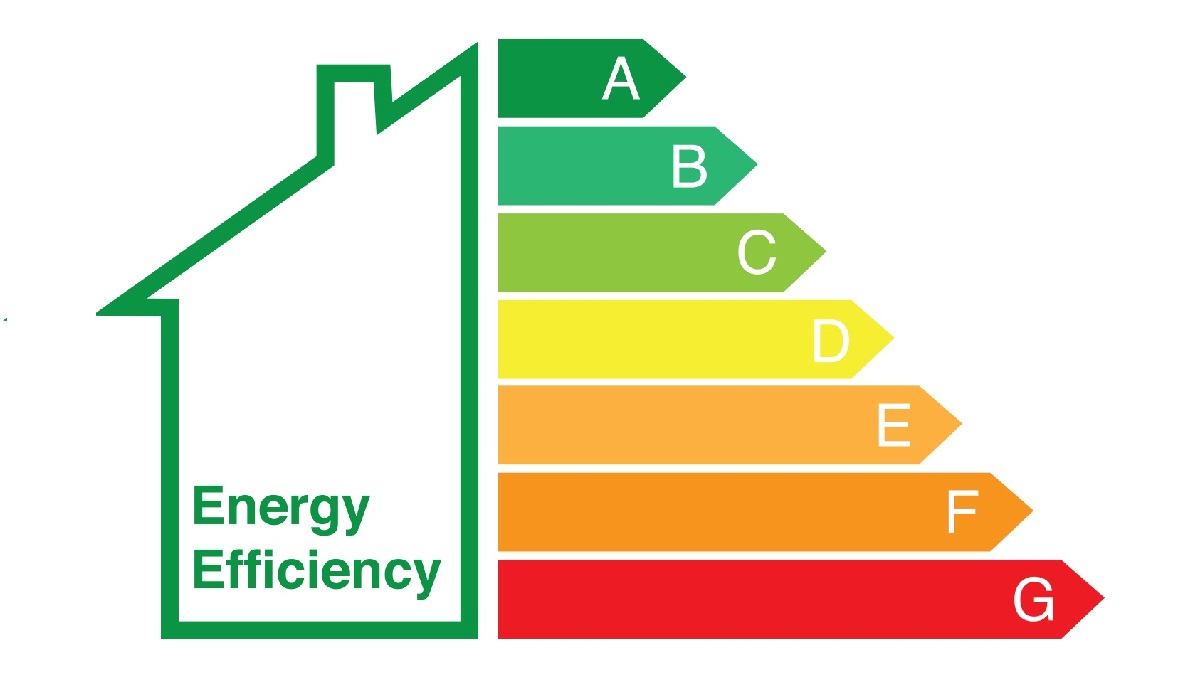It used to be that, if your house wasn’t energy-efficient, you just had a lot of draughts and got sniffles in winter. That’s changing, though. Every property in the UK now has an Energy Performance Certificate (EPC) which rates its energy efficiency from A (the best) to G (wrap up warm). In a couple of years the rating on that certificate is going to become very important.
What are EPC’s?
EPCs were introduced in 2007, and at first they were just information that had to be provided when you sold or rented a property. In 2015, however, the law changed; starting from 2018, any private rented home in the UK had to be at least EPC Band E unless it was exempted. Now the government is planning to tighten things up even more. If the proposals are passed rented homes will need to be at least Band C, and it will be much harder to get an exemption. The government hopes to bring in the new rules from April 2025 for new tenancies, and 2028 for existing ones. If they do that’s going to be bad news for a lot of landlords and tenants, because the average home in the UK is Band D.
My own house is Band D, because although it has double glazing, LED lighting and a modern gas boiler – which all score very highly on the EPC – it also has 18” thick solid stone walls with no insulation. There’s limited scope for adding any insulation, too; it’s not a big house, and adding internal framing and six inches of insulation would eat up a fair chunk of my living space. External insulation? That could be tricky too, because the house backs onto a petrol station forecourt and I can’t exactly start building there. My walls are basically going to have to stay the way they are, so if I want to improve the EPC rating I’m going to have to look at other options.
Upgrade your windows.
One obvious solution is energy-saving window film. This film is roughly equivalent to adding another layer of glazing, so my double-glazed windows would become as efficient at keeping heat in as standard triple glazing. That makes a difference, because even with double glazing heat is getting out. I have a weather station on my desk with two outdoor sensors connected to it. One is on the front wall beside the porch, and the other is just above my bedroom window. Since winter arrived and I started using the heating the second one always shows a higher temperature – often a whole degree warmer. That’s caused by heat escaping through the glass and heating the air outside, which then rises up to the sensor. Anything I can do to keep that heat in is going to save me money and make the house more energy-efficient.
Right now, as far as I know, EPC assessments don’t take account of window film, because it’s a relatively new product. However, if the government decides to push ahead with the new tighter rules they’re going to have three choices: Either watch more than half the private rental homes in the UK come off the market because they can’t be brought up to Band C, issue a lot more exemptions or give points for innovative solutions like energy-saving film.
My best guess is that, before tightening the rules like this, the government is going to broaden assessments to include things like energy-saving window film. It makes sense for them to do this; they want people to make their homes more energy-efficient. Since EPCs were introduced a lot of new technology has appeared – heat pumps, smart meters, LED lighting and of course window film – and even more is being developed. Assessments have to keep pace with technology, or they’ll quickly lose credibility.
So, if you’re wondering how to improve your home’s EPC rating, energy-saving film is an option you need to be considering. If it’s added to future EPC assessments you can push your rating up an extra band – and even if it isn’t you’ll still be saving energy and money.
This is something that Cheltenham Home Tinting can advise you on so if you are thinking of making your own property more energy-efficient please feel free to get in touch with us.

